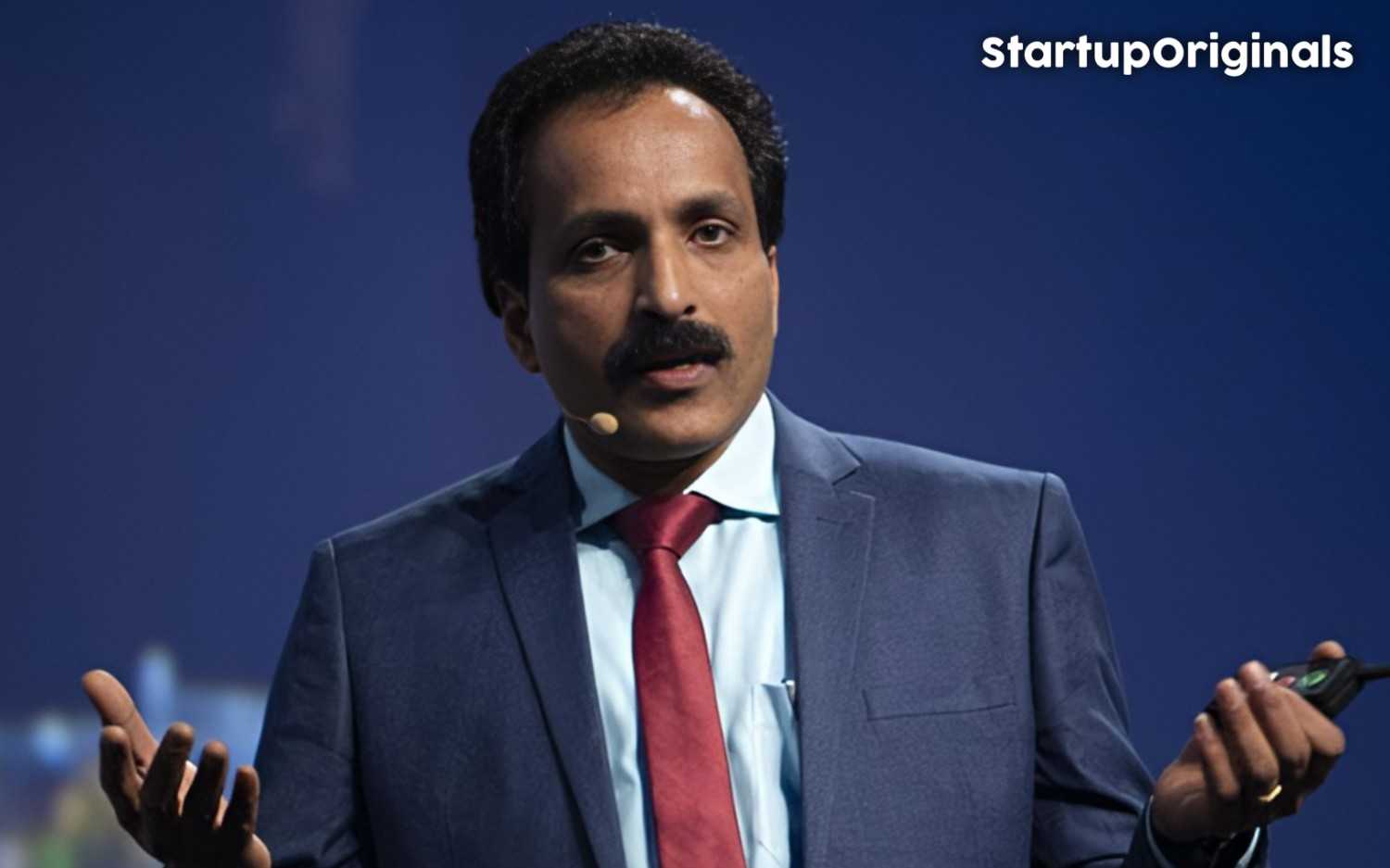
As the commercial space age accelerates, Indian rockets have never been more sought after on the international stage. Former ISRO Chairman S Somanath, speaking at the Accel Advanced Manufacturing Summit in Bengaluru, revealed that India is facing a new kind of challenge-rockets are in high global demand, but the inability to manufacture them quickly and at scale is holding the country back from fully capturing this market.
Surging Global Demand: Why the World Wants Indian Rockets
In recent years, India’s technological advancements, cost efficiency, and successful missions have made its launch vehicles and satellites favorites for international customers. Indian startups like Agnikul and Pixxel are now attracting global clients and investments, entering satellite and launch markets once dominated by Western firms. Indian rockets are praised for their reliability and affordability, especially as the global demand for space services, communications, and Earth observation soars.
The Core Issue: Manufacturing Constraints
Despite strong design and engineering talent, Somanath pointed out that India’s ability to actually build and deliver rockets in large numbers is seriously limited. Unlike consumer products, rockets and satellites are primarily custom-built rather than mass-produced, and India’s infrastructure struggles to match the pace of global demand.
He explained, “Spacecrafts are not products that can be built and sold off the shelf. They are often custom-built, and there’s limited infrastructure to produce them at scale.” The lack of specialized manufacturing clusters, advanced tooling, and skilled technicians for processes like metallurgy, thermal design, and automation is a significant gap.
Calls for Action: Need for Concentrated Tooling and Manufacturing Hubs
Somanath emphasized the need for India to establish concentrated, well-coordinated manufacturing hubs-rather than fragmented, distributed locations. These dedicated centers should bring together major players, research institutions, and high-tech suppliers to collaborate and innovate more efficiently.
He stressed that, “To truly scale, we must have people who understand tooling, process engineering, materials, and automation.” Without focused investment in these areas, India risks missing its moment in the booming space economy.
The Role of Private Space Startups
India’s private sector is playing an increasingly vital role. Startups such as Agnikul Cosmos and Pixxel are pushing the frontiers-leveraging government reforms and new funding to develop 3D-printed engines, modular satellites, and innovative launch vehicles. However, these companies also note that mimicking foreign models like SpaceX isn’t enough; India must innovate and build manufacturing solutions suitable for its own context and scalable for global markets.
Supply Chain and Infrastructure Gaps
Beyond engineering talent, the industry faces persistent supply chain issues: reliance on imported components, long procurement lead times, lack of local testing facilities, and absence of globally recognized quality certifications. All of these limit how quickly India can respond to international demand and compete at the top tier.
Progress in Defence and Aerospace Manufacturing
India has recently opened new, state-of-the-art facilities-like the BrahMos missile plant in Lucknow-which are increasing the scale of aerospace manufacturing and underlining a broader government push toward defense self-reliance. Global aerospace giants like Boeing and Airbus are also sourcing more components from India, signaling a shift in the world’s aerospace supply chains toward Indian suppliers.
Conclusion: Opportunity Meets Urgency
With its rockets in unprecedented demand, India stands at a crossroads. The way forward, according to Somanath and industry leaders, is clear: invest in concentrated manufacturing hubs, advanced tooling, supply chain resilience, and specialized training. By bridging these gaps, India can move from a space exploration leader to a true industrial powerhouse-ready to launch not just satellites, but an entire new era for its manufacturing and space industries.




